The Greater Noida Institute of Management (GNIM) offers quality education, recognized by AICTE, by faculty with a strong commitment to student success. GNIM has solid connections with both industry and academics, therefore providing students with an environment that supports their growth in their careers.
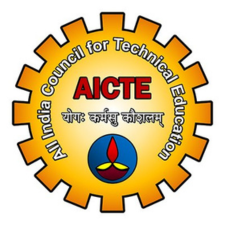
Greater Noida Institute of Management (GNIM), accredited by the All India Council for Technical Education (AICTE) under the Ministry of Education, upholds a steadfast commitment to adhering to AICTE standards to deliver top-tier education. Our core mission is to foster the holistic growth of students by transcending conventional textbook learning, nurturing practical skills, fostering critical thinking, and instilling values of ethical leadership. Backed by a faculty comprising veteran educators and industry stalwarts, state-of-the-art infrastructure, and an emphasis on real-world exposure, we empower students to thrive in today's dynamic business environment. At GNIM, our unwavering dedication lies in molding tomorrow's leaders through a blend of academic excellence and comprehensive development initiatives.

The Pharmacy Council of India (PCI) is a statutory body established under the Pharmacy Act of 1948. Its primary role is to regulate the pharmacy education and practice in India, ensuring that pharmacists are adequately trained and adhere to professional standards. The PCI sets the curriculum for pharmacy programs, grants approval to pharmacy colleges, and maintains a register of pharmacists. It aims to promote the safe and effective use of medications and enhance the quality of healthcare in the country.
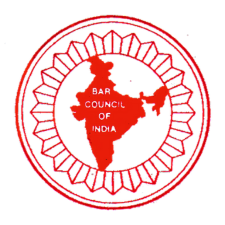
The Bar Council of India is a statutory body established by Parliament to regulate the legal profession in India, ensuring professional conduct and discipline among advocates. It plays a crucial role in setting standards for legal education by inspecting law colleges and granting recognition to universities that provide law degrees for advocate enrollment. The Council also evaluates existing law colleges and supports the establishment of new institutions to enhance legal education across the country.
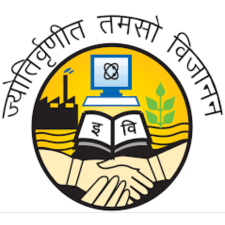
On the 75th Constitution Day of India, Guru Gobind Singh Indraprastha University celebrated the significance of the Indian Constitution through a Preamble Reading Ceremony, reflecting on its role not only as a legal document but as a cornerstone of democracy. The event fostered collective introspection and renewed commitment to the values of justice, liberty, equality, and fraternity among students and staff. This celebration emphasizes the importance of upholding constitutional ideals within and beyond the university community.
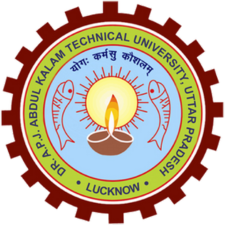
Dr. A.P.J. Abdul Kalam Technical University in Uttar Pradesh, Lucknow, offers a diverse range of academic programs for undergraduate, postgraduate, and research students. Undergraduates can pursue degrees such as B. Pharma, B. Tech, and B.Arch, while postgraduate options include MBA and M.Tech. The university also provides opportunities for doctoral studies for candidates who have completed their qualifying examinations.

The document provides an overview of various upcoming events and initiatives organized by Chaudhary Charan Singh University (CCSU), Meerut, including seminars, workshops, and conferences centered around themes such as environmental conservation, psychological science, and educational policy. Noteworthy events include the 11th International and 13th Indian Psychological Science Congress, an international workshop on soft computing, and the commemoration of the birth centenary of Prof. Y. S. Murty through a botanical conference. The university also promotes awareness activities such as anti-ragging campaigns and environmental competitions.
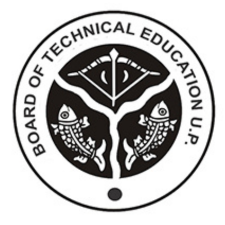
The Board of Technical Education, Uttar Pradesh, established in 1958, plays a critical role in overseeing technical education in the state by conducting diploma-level examinations and developing curricula for various engineering disciplines. Initially starting with an examination for 2,500 students, the Board has grown to assess over 105,000 students across 60 disciplines, reflecting its evolution in educational governance and curriculum development. The Board's statutory status was formalized in 1962 through the U.P. Pravidhic Shiksha Adhiniyam, ensuring its structured functionality through a designated chairmanship and a team of government-nominated members.